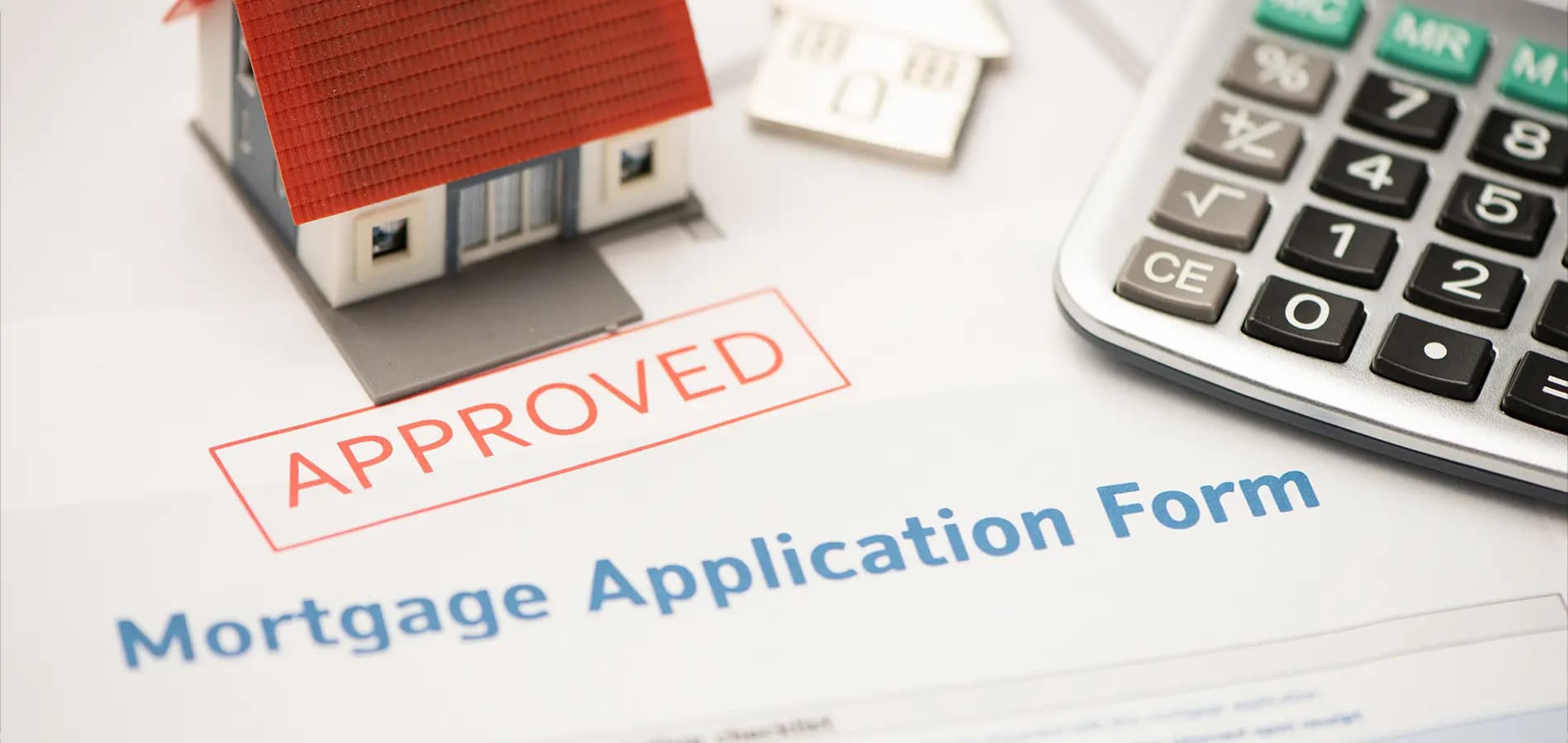Blog Search
Boost Your Mortgage Approval Chances: Discover the Types of Assets To Include in Your Application

Getting ready to apply for a home mortgage loan, but aren’t sure what assets to include in the application? It’s not just you! Most homebuyers often struggle to decide which assets to mention when applying for a mortgage.
However, remember, the assets you choose to list can significantly influence the loan amount and terms offered by the lender, and the likelihood of approval. So, it’s important to be thorough in listing your assets.
Below, we’ll carefully review each asset type in detail to help you ensure that everything of value is listed on your mortgage application.
Types of Assets You Can List in Your Mortgage Application
01Cash and Cash Equivalents
Cash and cash equivalents are the most liquid form of assets you can include in your home mortgage application. They represent funds that can be easily converted to cash with little to no risk of losing value.
Here’s a breakdown of what falls under this asset category -
Cash on Hand: This includes money that you have readily available in your hand for use.
Checking and Savings Account: The balances in your checking and savings account.
Money Market Accounts: Money market accounts are similar to savings accounts but they offer a slightly higher interest rate and also have limitations on withdrawals.
Certificates of Deposits (CDs) with Short Maturities: CDs typically lock your funds for a specific period in exchange for guaranteed returns. So, if you have a CD maturing around the time of your down payment or closing, it can be considered a cash equivalent.
Read More: As a First-Time Home Buyer, How to Plan Finances?
02Physical Assets
Physical assets, also known as tangible assets are items of value that you can see and touch. If needed, you can sell the physical assets for funds that you can then use to qualify for a home loan or make payments on it.
Physical assets include but are not limited to houses, cars, jewellery, art, and vehicles. If you plan on using a physical asset to qualify for a mortgage, you will have to sell that asset before the closing day.
03Non-physical Assets
Non-physical assets are things that have value but aren’t liquid and tangible. Pensions, 401(k)s, IRAs, bonds, stocks, and royalties fall in the non-physical asset category. You can make these assets liquid, but it takes time to do so.
04Liquid Assets
Liquid assets are the non-physical assets that can be quickly converted to cash. Examples include stocks or bonds that aren’t part of your retirement account.
05Fixed Assets
Fixed assets are items that you own that can be sold for cash, but it may take a while to find a buyer. A fixed asset could be furniture, real estate, or antique pieces.
The value of fixed assets usually changes (goes up or down) since you make the initial purchase. So, while listing a fixed asset in your mortgage application, you’ll have to mention the item’s current value - not its original purchase price.
06Equity Assets
This asset category includes any ownership interest that you may have in a company. For instance, a stock, mutual fund, or holdings in a retirement account.
07Fixed-Income Assets
Fixed-income assets are investments that provide a steady stream of income, typically in the form of interest payments, until their maturity date such as government bonds.
What Types of Assets Carry the Most Weight in Mortgage Applications?

Mortgage lenders consider all your assets while determining the eligibility and terms of the loan. However, there are a few assets that tend to carry more weight in a mortgage application.
Cash and cash equivalents hold the most value in the eyes of lenders as they are highly liquid, readily accessible, and can cover expenses and payments efficiently. Liquid assets are also considered valuable because of their liquidity and ability to be converted into cash without substantial loss.
Fixed-income assets are considered generally low-risk investments. Mortgage lenders appreciate the stability of fixed-income assets, but may be concerned about their low liquidity factor.
The value of physical assets fluctuates over time which is why lenders place them lower in the hierarchy of asset valuation. Equity assets and fixed assets are perceived by lenders as riskier because of their potential market volatility.
Non-physical assets hold the least value in mortgage applications. These assets have limited liquidity and may not be easily convertible into cash to cover mortgage obligations, making them less attractive to lenders.
The Process of Listing Assets in Your Mortgage Application
While applying for a mortgage, it’s important to list out your assets carefully and clearly. Start the process by making a list of every asset you own, from cash and stocks to physical items like your car, or an antique art piece.
Next, you’ll need to determine the value of every asset that you plan to include in the application. You can figure out the value of some assets like cash and stocks easily on your own. But for certain assets like cars or real estate, you’ll have to hire a professional appraisal to determine their true worth accurately.
Once you have a good grasp of your asset’s values, set up a meeting with an accountant or a financial professional. They can help you identify the most and least valuable assets to list on your home mortgage application.
Also, if you plan to sell assets to raise funds for the down payment, the financial expert can help you factor in potential capital gains taxes to avoid an unwanted cash shortfall at closing. Lastly, gather the necessary documents to support the value you list for each asset such as account statements, appraisals, or proof of ownership.
The Takeaway
Making a list of your assets and collecting documents to back their ownership and value may seem like a tedious task. However, this step can play a significant role in your loan approval process. By carefully documenting your assets, you provide mortgage lenders with a clear picture of your financial stability and ability to handle mortgage payments. This along with a good credit score, and a low debt-to-income ratio can bring you a step closer to your dream home.
Blog Search
Popular Blogs
Popular Blogs
The trademarks MLS®, Multiple Listing Service® and the associated logos identify professional services rendered by REALTOR® members of CREA to effect the purchase, sale and lease of real estate as part of a cooperative selling system.

